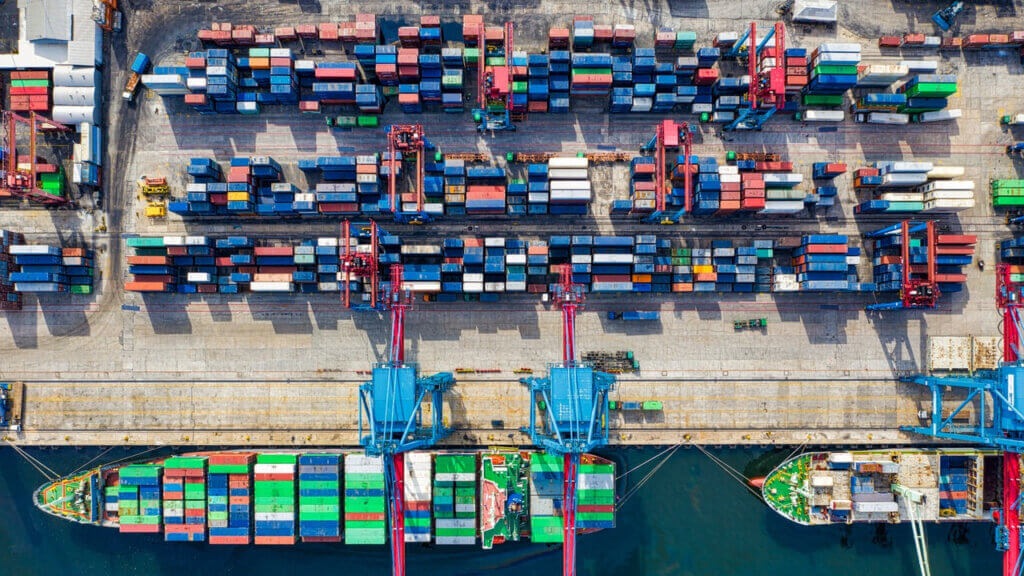
The supply chain crunch and inflation are compounding what’s already a nettlesome recovery for hotel owners and operators.
NB: This is an article from HotStats
Though hotels offer nightly leases, allowing for the repricing of rooms on a dynamic basis, other revenue-generating outlets are more intransigent—a problem when inflation is soaring.
“While we can push the envelope with room pricing, there are static parts of our business—such as parking, resort fees and retail—that you can’t reprice,” said Chris Cylke, COO of asset manager RevPAR International.
Subscribe to our weekly newsletter and stay up to date
Concurrent supply chain issues impacting OS&E and FF&E and hourly wages rising are taking a toll on bottom-line operational performance.
It’s creating a headache for budget planning, too.
“Looking at budgets for 2022, it’s quite tangible where inflation is impacting our business model,” said Andrea Grigg, Senior Managing Director, Head of Global Hotel Asset Management, JLL Hotels & Hospitality. “On a per-occupied-room basis, we are forecasting prices in 2022 to be up 8% to 11.5% for guestroom linens and 6% to 8% for amenities over 2019,” and the list goes on.
Though it may feel like the deck is stacked against hoteliers, there are steps that can be taken to remedy the problems. For example, Cylke recommends asking suppliers what’s readily available, adjusting portion choices and deploying dynamic pricing to cope with rising food and beverage costs. The latter step “isn’t the industry norm,” he acknowledged, “but it’s something we probably should be looking at more frequently.”
As the industry recovers, food and beverage expenses are inching upward. On a per-available-room basis in the U.S., for instance, total F&B costs, inclusive of labor, cost of sales and other expenses, rose to $27.65 in September 2021, up from $11.80 at the same time a year ago, but $24.42 lower than in September 2019, according to HotStats data.
Grigg sees the need to revamp pricing even more broadly. “Strategic incremental revenue growth can be achieved through the implementation of nontraditional variable pricing on parking, food and beverage and retail outlets,” she said.
In its asset management capacity, to keep costs down JLL is bringing back amenities and services on a rolling basis to its properties that ceased during the pandemic, such as in-room coffee makers and spa treatments, and its revamping its budgeting process, Grigg said.
“This is a phenomenal opportunity for the industry to work on zero-based budgets [which start from zero, instead of the prior year’s numbers, in order to dig deep in evaluating needs] so we can focus on what services guests really value. We’re collaborating more with the hotels because many things need to be rethought.”
Cylke counsels hotels to secure multiple vendors for a product instead of just one. “Updating your vendor lists a couple of times a year is a good idea to ensure you are still getting the best pricing as some items are seeing price changes daily,” he said.
Supply Chain Headache
Dealing with the supply chain issue is even more complex. The shortages stem from a confluence of issues, said Darlene Henke, President and CEO of Audit Logistics.
Shutdowns of factories across Asia last year dovetailed with increased demand worldwide for large items, such as exercise equipment and furniture, as more people worked from home, creating massive deliveries, Henke said. Meanwhile, the labor shortage is preventing the items from being unloaded at the ports.
Henke advises hoteliers to prepare for delays. “Our advice is to keep moving forward [on renovations or new builds] but you have to adjust schedules. What used to have an 18- to 20-week lead time will now take between 32 and 38 weeks,” she said
Added Cylke, “There has to be communication and an understanding of realistic timelines. Interior designers, FF&E producers and the like need to communicate with project managers and hotel asset managers on realistic timelines for delivery, and then the project and asset manager need to optimize scheduling so the work doesn’t interfere with business.”
To mitigate both inflation and supply concerns, Grigg advises hotels to carefully manage costs. “Every cent you save is extremely important. Understanding the flow through of every dollar is the key to hotel profit maximization,” she said.
Read more articles from HotStats




